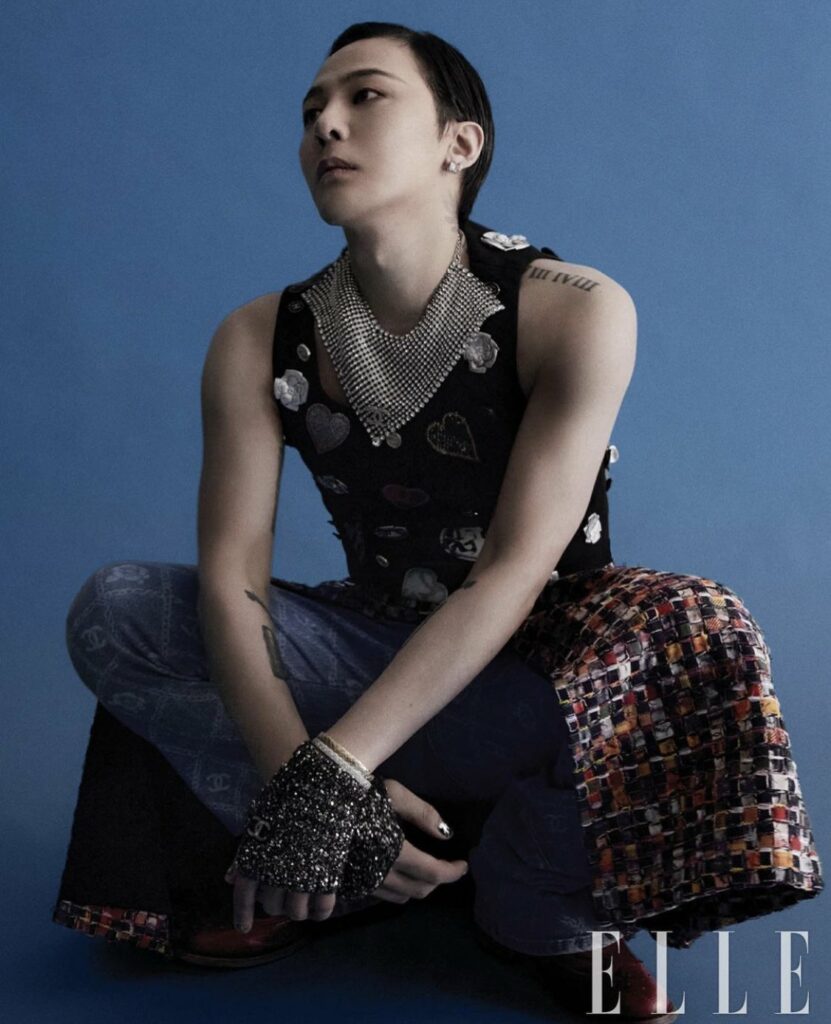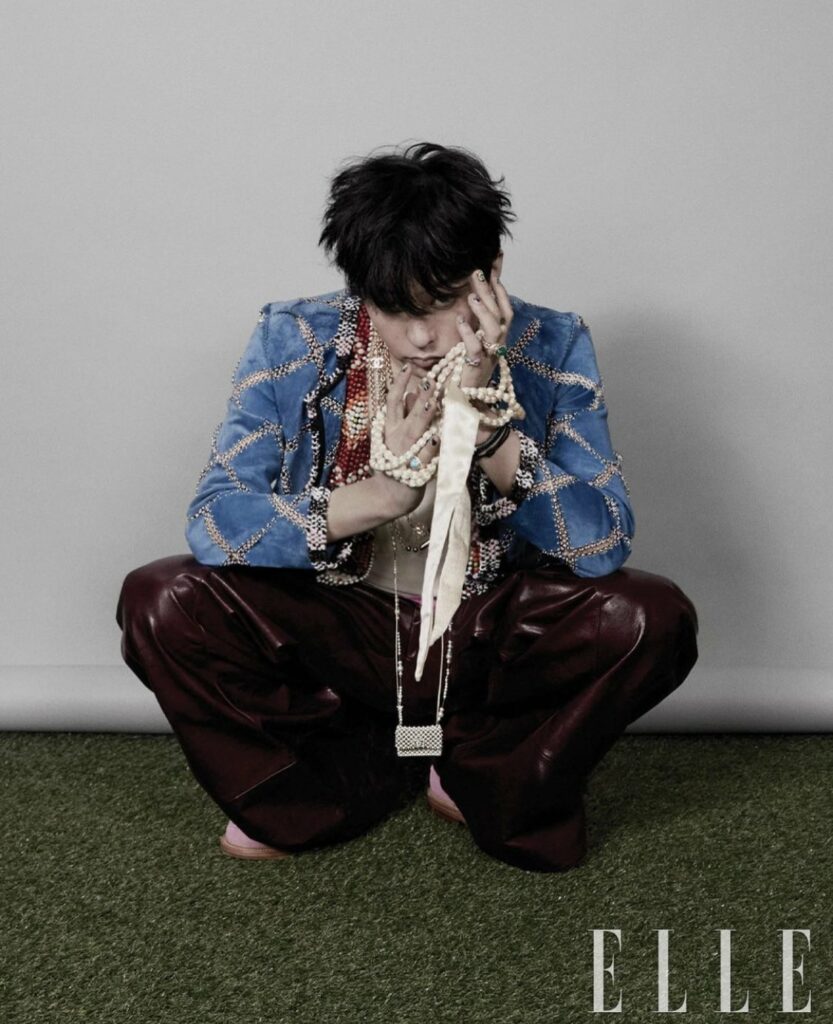G-Dragon, a prominent figure in the K-pop industry, has officially parted ways with YG Entertainment, as confirmed by an announcement from the agency on December 20. G-Dragon’s exit from the company follows recent speculation about the renewal of the BIGBANG leader’s contract. It also comes on the heels of drug abuse allegations, which have been subsequently cleared by the police.
YG Entertainment Issues Official Statement Confirming G-Dragon’s Exit
On December 20, YG Entertainment shared an official statement.
“This is YG Entertainment. G-Dragon was one of our iconic artists since his debut with Big Bang in 2006. It was an honor to spend this past time with him,” the statement read. “We sincerely wish G-Dragon blessings for his new chapter. We ask for a lot of support and encouragement from his fans.”

The announcement marks a significant change in G-Dragon’s professional trajectory, and it comes amid a complex situation involving the renewal of the ‘G-Dragon’ trademark by YG Entertainment. Notably, the agency applied for the renewal of the trademark, signaling its intention to retain ownership of the iconic stage name. The ‘G-Dragon’ trademark was initially secured in February 2003 and had its rights extended in 2013, with validity until September 13, 2023.
What Will Happen to G-Dragon?
The renewal of the trademark suggests that YG Entertainment aims to maintain control over the ‘G-Dragon’ stage name. This move can potentially impose restrictions on G-Dragon’s use of the name if he were to sign with another company, as the rights to the stage name would remain with YG Entertainment. Trademark ownership plays a crucial role in protecting intellectual property, and in the context of the entertainment industry, it often involves safeguarding the brand identity of artists.

In related developments, G-Dragon’s recent drug test results came back negative, concluding the investigation into drug suspicions related to his hair color. The National Forensic Service conducted the test to determine whether recent changes in hair color, such as dyeing or bleaching, could impact the accuracy of drug tests. The investigation stemmed from statements made by a female manager at an entertainment establishment in Gangnam, Seoul. Despite initial drug suspicions, the lack of additional evidence during the investigation has cleared G-Dragon of any drug-related allegations.
G-Dragon’s departure from YG Entertainment marks a new chapter in his career, and the situation highlights the intricacies involved in managing intellectual property and navigating controversies in the dynamic landscape of the K-pop industry.







